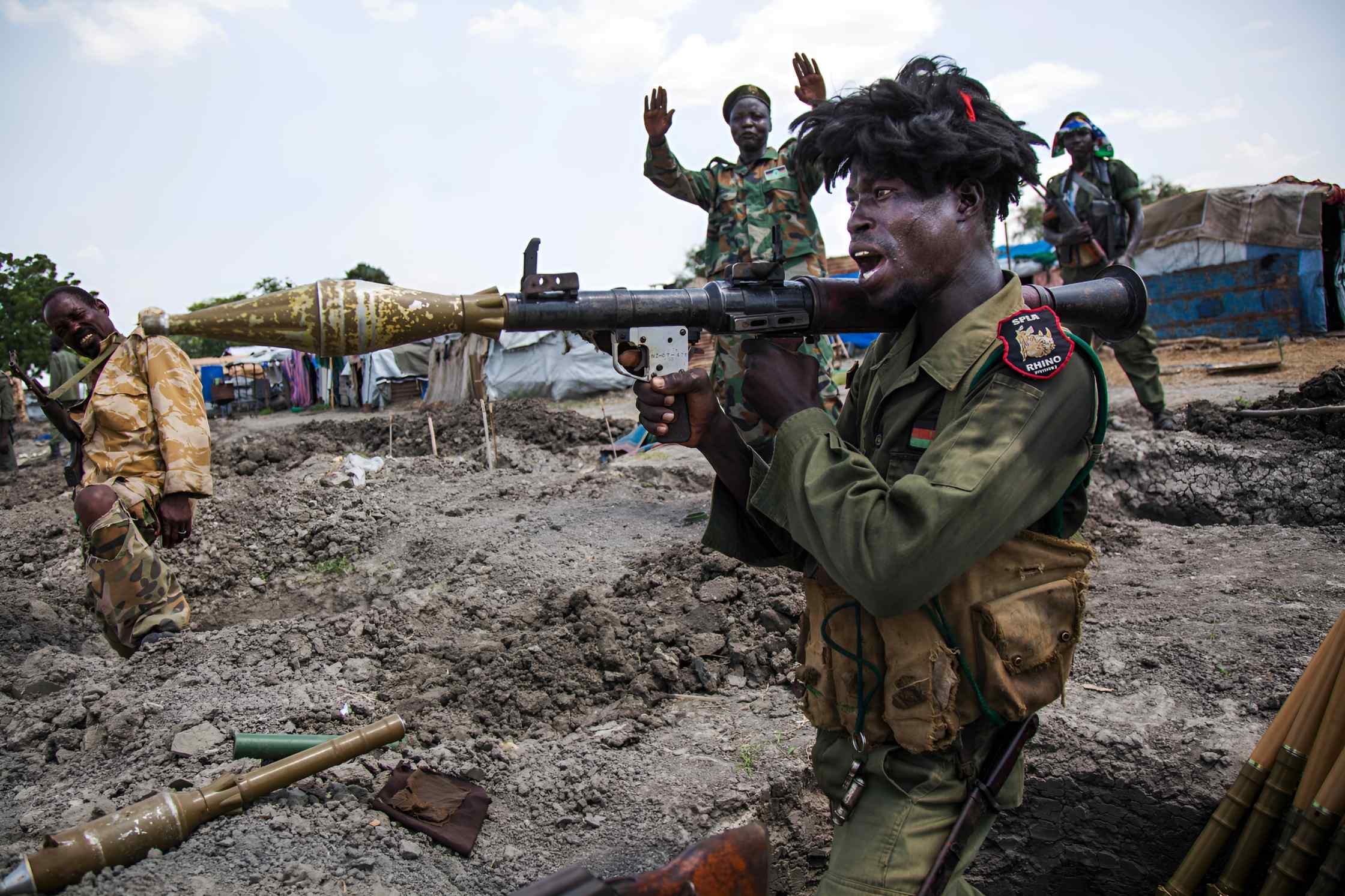A South Sudan opposition leader has accused President Salva Kiir's government of planning a "genocide" against the Nuer community by labeling areas linked to his rival Riek Machar as "hostile."
The claims come at a time when tensions between Kiir and Machar's camps continue to rise, raising fears of a fresh civil conflict in the young nation.
Reath Muoch Tang, an opposition lawmaker and senior figure in Machar's party, said the government's classification of several Nuer counties as hostile was a dangerous move that could set the stage for mass violence.
"This dangerous labeling (sic)...this sinister plan constitute(s) nothing short of a mapping for genocide against the Nuer community," Tang said in a statement published on Facebook on Sunday.
Tang, who is from the Nuer community, described the government's decision as a "deliberate and calculated attempt to justify collective punishment, instigate violence, and destroy an entire society under the false cover of security measures."
The warning comes after months of fighting between forces loyal to Kiir and those backing Machar, South Sudan's first vice president.
Machar was placed under house arrest in March after fresh unrest in Nasir County, Upper Nile State.
The clashes have sparked concerns over the possible collapse of the fragile peace deal signed in 2018, which had ended a brutal civil war that left around 400,000 people dead.
Government officials have blamed Machar's side for breaching the peace agreement by encouraging unrest in Nasir, working closely with the White Army, a loose group of ethnic Nuer armed youths.
Tensions escalated when an estimated 6,000 White Army fighters stormed a military camp in Nasir in early March, resulting in the deaths of around 400 government troops, including a high-ranking general.
In a statement, the government noted that the Nuer ethnic group "played a significant role in the liberation struggle" and outlined that "the community spans 16 counties, out of these, nine are considered hostile," suggesting they are aligned with Machar's camp.
Among the counties labeled as hostile was Nasir, a key flashpoint in the ongoing violence.
Tang dismissed the government's classification as "reckless and malicious," warning that such measures were laying the foundation for ethnic targeting.
His comments have drawn attention to the worsening security situation across South Sudan.
The latest violence since March has caused the deaths of at least 200 people across different states and displaced about 125,000 more, according to the United Nations.
As violence spreads, communities have been caught in the middle of fighting fueled by political rivalry and ethnic divisions.
President Kiir, a member of the Dinka ethnic group, has faced criticism for sidelining Machar, his long-time political rival.
The tension between the Dinka and Nuer—the two largest ethnic groups in South Sudan, has long been a source of conflict in the country.
Despite its vast oil wealth, South Sudan remains one of the poorest countries in the world and has struggled with instability since gaining independence from Sudan in 2011.
The latest accusations threaten to deepen divisions and further undermine efforts to bring lasting peace.

